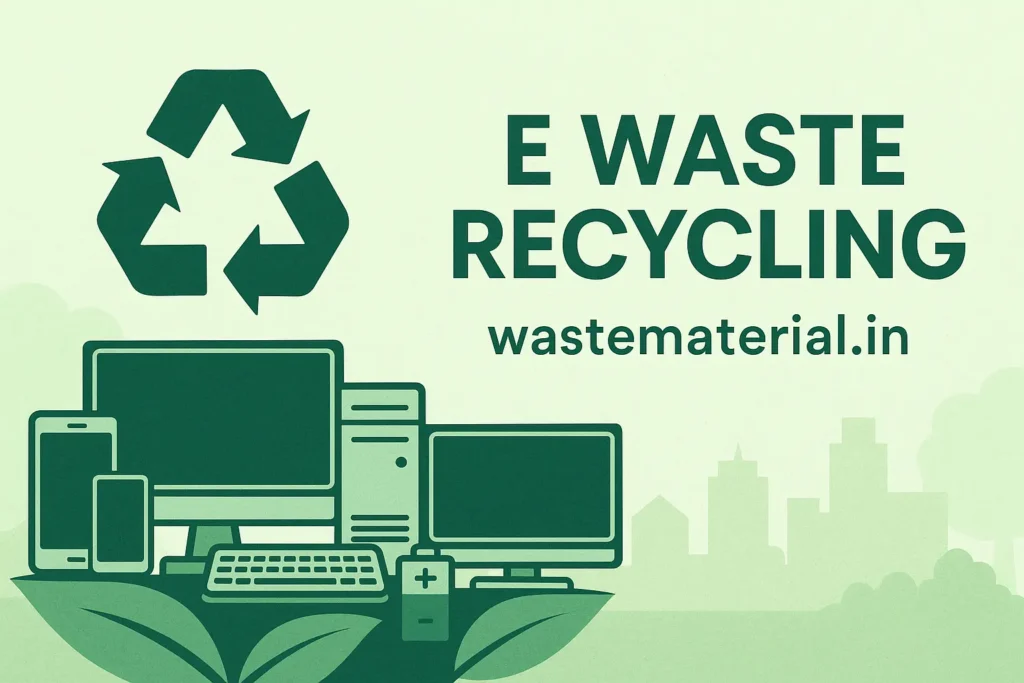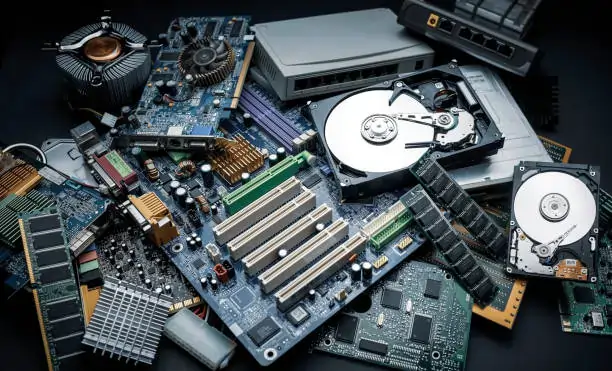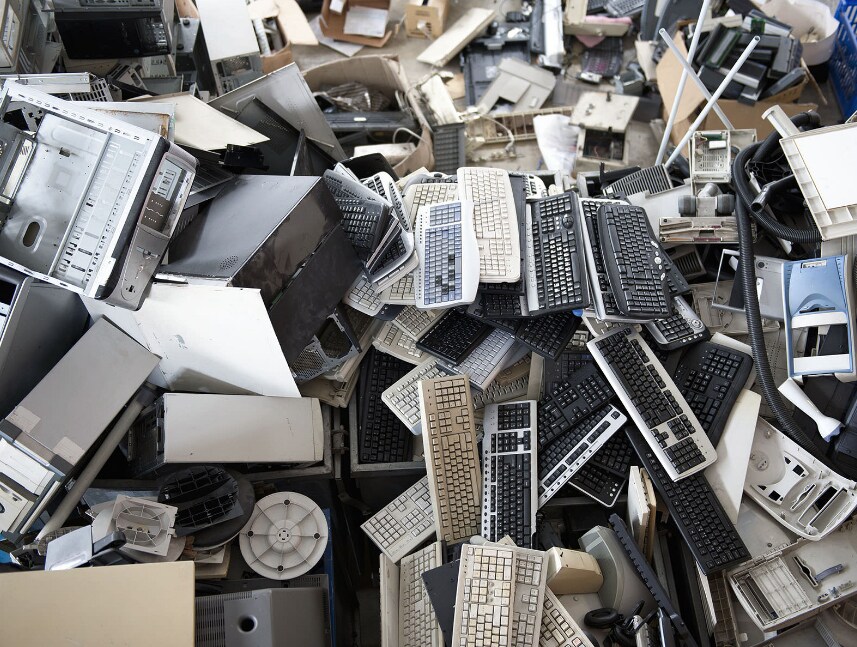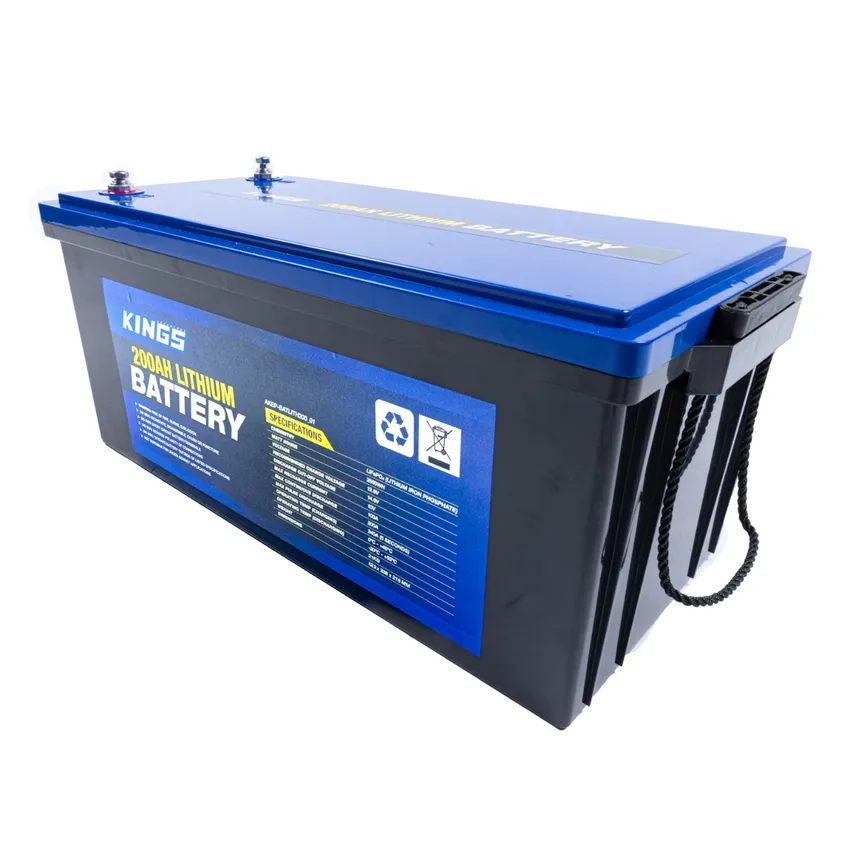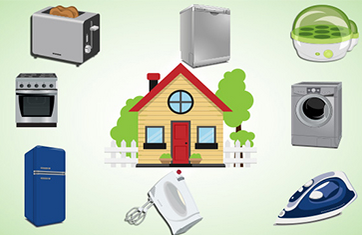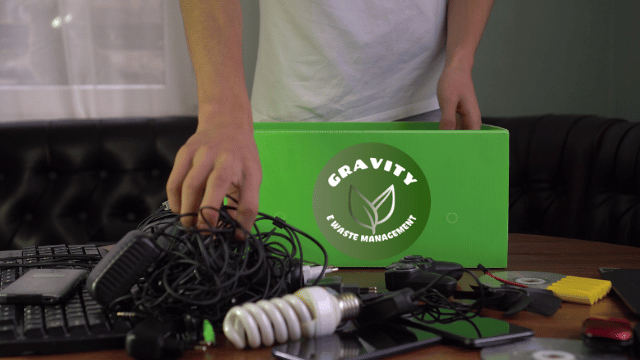How We Handle IT Office Dismantling in Bangalore’s Tech Hubs
As one of the fastest-growing cities in India, Bangalore has become synonymous with cutting-edge technology and innovation. In the heart of this bustling metropolis lies a vibrant network of IT offices that continually evolve to meet the demands of the industry. With such dynamic changes, the need for professional IT office dismantling services has grown exponentially. At Gravity E-Waste Management, we specialize in providing seamless dismantling solutions that are efficient, eco-friendly, and tailored to the unique needs of Bangalore’s tech giants. Understanding the Challenges of IT Office Dismantling Dismantling an IT office is not merely about removing furniture and unplugging computers. It involves a complex process that requires meticulous planning, specialized expertise, and adherence to environmental regulations. From decommissioning data centers to managing sensitive electronic waste, each step must be executed with precision to avoid disruptions and ensure a smooth transition. Data Security: Our Top Priority One of the most critical aspects of IT office dismantling is data security. Sensitive information stored on servers, hard drives, and other devices must be handled with utmost care to prevent data breaches. At Gravity E-Waste Management, we employ advanced techniques to ensure that all data is securely wiped or destroyed, in compliance with the highest industry standards. Eco-Friendly E-Waste Disposal In a city like Bangalore, where environmental sustainability is a growing concern, proper disposal of e-waste is paramount. Our team is committed to eco-friendly practices. We follow strict protocols for recycling and disposing of electronic waste, ensuring that hazardous materials do not harm the environment. By partnering with certified recycling facilities, we help our clients minimize their ecological footprint. Our Comprehensive IT Office Dismantling Process Initial Assessment and Planning Every successful dismantling project begins with a thorough assessment. Our experts conduct an on-site evaluation to understand the scope of the project, identify potential challenges, and develop a customized plan that aligns with our client’s timeline and budget. Inventory and Asset Management Effective inventory management is crucial during dismantling. We meticulously catalog all IT assets, including computers, servers, networking equipment, and office furniture. This not only facilitates a smooth dismantling process but also helps in the accurate valuation of assets for resale or recycling. Safe Decommissioning of IT Infrastructure The decommissioning phase involves safely shutting down and dismantling all IT infrastructure. Our technicians are trained to handle delicate components, ensuring that nothing is damaged during the process. Special attention is given to server rooms and networking equipment, where even a minor mistake can lead to significant data loss or hardware damage. Transportation and Relocation Services For clients relocating to new premises, we offer secure transportation services. Our logistics team ensures that all dismantled components are carefully packed and transported to the new location, where they are reassembled and tested for functionality. Final Cleanup and Site Restoration Once the dismantling process is complete, we conduct a thorough cleanup of the site. This includes removing debris, packing materials, and any remaining equipment. Our goal is to leave the space spotless and ready for its next phase, whether it’s a renovation or a new occupant. Why Choose Gravity E-Waste Management? Expertise and Experience With years of experience in the field, Gravity E-Waste Management has become a trusted name in IT office dismantling. Our team comprises seasoned professionals who understand the nuances of working in Bangalore’s tech hubs, ensuring that each project is handled with the utmost professionalism. Customized Solutions We recognize that every office has its own set of requirements. That’s why we offer customized solutions tailored to meet the specific needs of our clients. Whether it’s a small startup or a multinational corporation, we provide services that are scalable and flexible. Commitment to Sustainability Sustainability is at the core of everything we do. By choosing Gravity E-Waste Management, clients contribute to a greener planet. Our commitment to responsible e-waste disposal and recycling helps in reducing the environmental impact of office dismantling. Customer-Centric Approach Our clients are at the heart of our business. We believe in building lasting relationships through exceptional service and support. From the initial consultation to the final handover, we are dedicated to providing a hassle-free experience. Success Stories: Case Studies from Bangalore’s Tech Hubs Tech Corp’s Seamless Transition When Tech Corp, a leading IT firm in Bangalore, decided to move to a larger office space, they entrusted Gravity E-Waste Management with the task of dismantling their old premises. Our team worked round the clock to ensure a smooth transition, handling everything from asset management to data security. The result was a seamless move with zero downtime and minimal disruption. Startup X’s Sustainable Dismantling Startup X approached us with a unique challenge: dismantling their office while adhering to strict environmental guidelines. Our eco-friendly solutions not only met but exceeded their expectations. By recycling over 90% of their e-waste, we helped them achieve their sustainability goals. Dismantling an IT office in Bangalore’s dynamic tech landscape requires expertise, precision, and a commitment to sustainability. At Gravity E-Waste Management, we offer all that and more. Our comprehensive services ensure a smooth and efficient dismantling process, allowing businesses to focus on what they do best—innovating and growing. FAQ – IT Office Dismantling by Gravity E-Waste Management Q1: What services do you offer for IT office dismantling?We provide comprehensive IT office dismantling services, including data security management, asset inventory, safe decommissioning of IT infrastructure, eco-friendly e-waste disposal, transportation, and site cleanup. Q2: How do you ensure data security during the dismantling process?We use advanced data wiping and destruction techniques to ensure all sensitive information is securely erased or destroyed, adhering to industry standards for data security. Q3: What happens to the e-waste generated during the dismantling?All e-waste is processed through certified recycling facilities. We follow eco-friendly practices to ensure that hazardous materials are disposed of safely, minimizing environmental impact. Q4: Do you provide services for relocating IT equipment?Yes, we offer secure transportation and relocation services for IT equipment. Our team ensures all components are safely packed, transported, and reassembled at the new location. Q5: How do you handle
How We Handle IT Office Dismantling in Bangalore’s Tech Hubs Read More »


